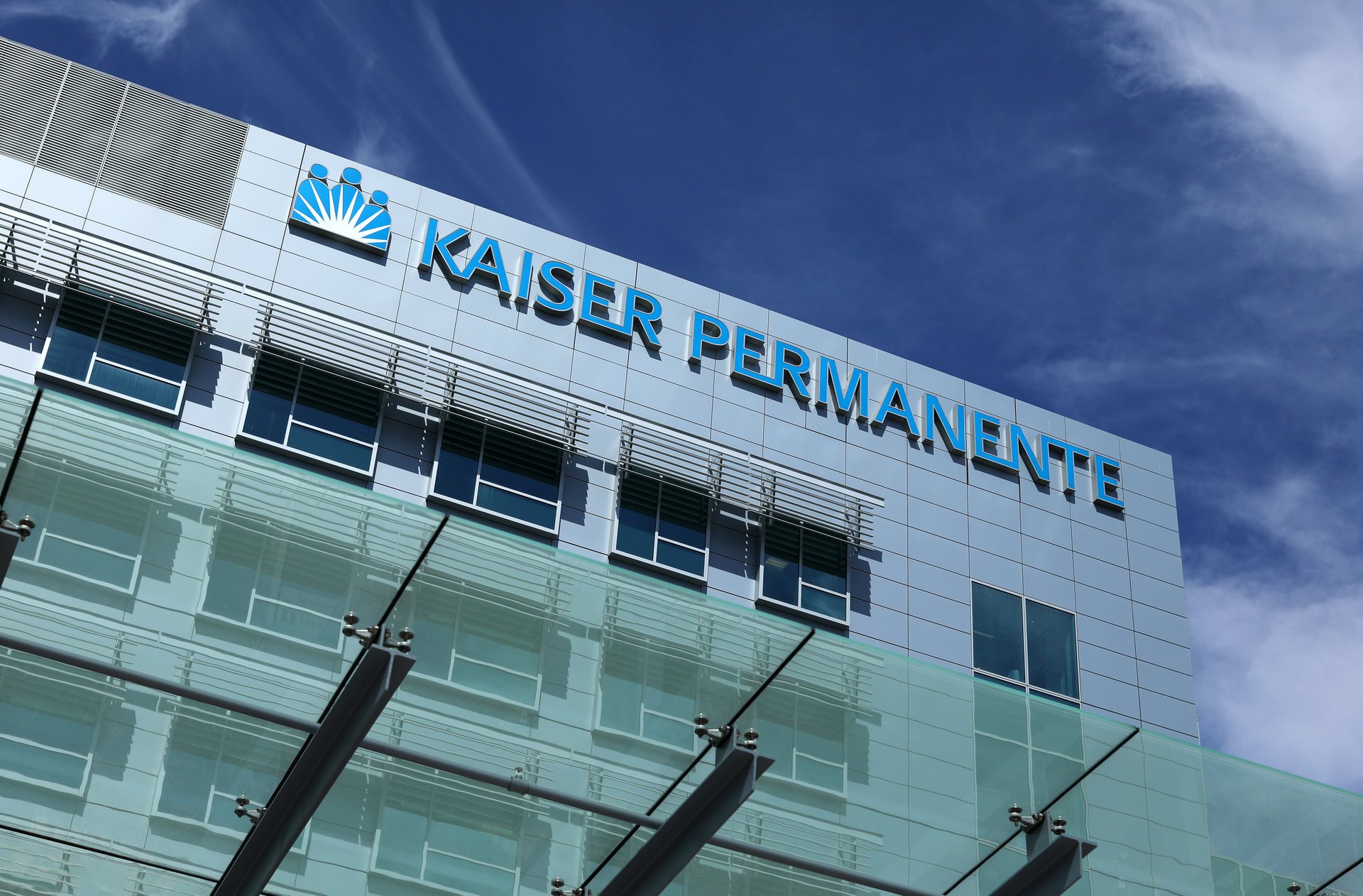Overworked mental healthcare providers at Kaiser are threatening a strike
Mental healthcare providers with Kaiser Permanente have concerns. Working conditions and staffing shortages, they say, have left them unable to properly care for patients at a time when demand for their services is rising. With the backing of the National Union of Healthcare Workers (NUHW), a group of 51 Kaiser mental health clinicians in Maui, Hawaii voted on Nov. 2 to authorize a strike against the healthcare company.


Mental healthcare providers with Kaiser Permanente have concerns. Working conditions and staffing shortages, they say, have left them unable to properly care for patients at a time when demand for their services is rising. With the backing of the National Union of Healthcare Workers (NUHW), a group of 51 Kaiser mental health clinicians in Maui, Hawaii voted on Nov. 2 to authorize a strike against the healthcare company.
This was the second such message to Kaiser management in a week, after nearly 2,000 psychologists, therapists, and social workers voted to authorize a strike against the company’s northern California division on Oct. 28. This is not the first time mental healthcare professionals at Kaiser have voiced concerns about inadequate staffing: In Dec. 2019, 4,000 workers held a five-day strike over similar complaints.
While no strike date has been set yet for NUHW workers, thousands of Kaiser employees represented by other unions in California and Oregon are planning to strike on Nov. 15 over pay and working conditions. Kaiser is currently in contract negotiations with the Alliance of Health Care Unions, which includes more than 20 unions representing more than 50,000 Kaiser workers nationwide. The NUHW is not part of these negotiations.
The pushback against Kaiser comes amid a broader nationwide push for better labor conditions across the healthcare, entertainment, and manufacturing sectors; employees at companies including John Deere and Kellogg’s are currently on strike. The concerns of mental healthcare workers at Kaiser shed light on how the covid-19 pandemic has exacerbated mental health issues for many Americans, and in turn put a major burden on care providers.
Why mental healthcare workers at Kaiser might strike
On the same day that Kaiser mental healthcare clinicians with Maui authorized a strike, the NUHW filed a request with Hawaii’s National Union of Healthcare Workers to investigate the company for allegedly violating state and federal law. The document alleges that Kaiser’s Hawaii clinics are chronically understaffed, with patients waiting six to seven weeks to obtain care for mental health and substance use disorders. It also says that only five full-time clinicians are regularly staffing the company’s behavioral health call center, which is supposed to serve all 260,000 patients enrolled with the group in Hawaii. As such, patients often wait up to an hour before they can speak with a provider and 20-40% of calls are dropped, the report says.
Rachel Kaya, a psychologist at Kaiser Permanente’s Maui Lani clinic, told KITV-4 she’s currently handling a caseload of more than 150 active therapy patients. “It would take more than five full-time therapists to provide my patients timely, clinically-appropriate care,” she said. “The access problem causes repeated, shameful, horrifying violations of my professional code of ethics.”
Mental healthcare employees with Kaiser’s northern California Division, whose union contract expired Oct. 1, spoke of similar issues when they voted to authorize a strike on Oct. 28. Employees were doubtful that Kaiser would be able to adhere to a recently passed California law requiring health insurers to reduce wait times for mental health appointments to no more than 10 days.
Mickey Fitzpatrick, a Kaiser psychologist, accused the company of underfunding mental healthcare to the point that patients had to wait months between therapy appointments. “Now, we have the opportunity to stand together with other unions and show that Kaiser’s greed is harming patients across California,” he said in a statement.
A nationwide concern for mental health staff
The covid-19 pandemic had a negative impact on global mental health. By some estimates, cases of major depressive disorder increased by 28% last year compared to 2019, and severe anxiety has grown by 26%. This burden has in turn been passed to providers, and about 37% of the US population now lives in an area experiencing mental health professional shortages, according to the Health Resources and Services Administration. More than half—62%—of psychologists recently surveyed by the American Psychological Association reported an increase in the number of patient referrals they received over the past year, while 41% said they weren’t able to meet the demand for treatment from their patients.
In a statement responding to northern California Kaiser mental health workers’ strike authorization vote, the company’s senior vice president of human resources Arlene Peasnall said the company was working to expand virtual care in light of increased demand for services. She also said the company was investing $30 million to train new mental healthcare professionals across California. For now NUHW workers in Hawaii have not issued a formal strike notice, nor set a strike date. NUHW workers in California filed today (Nov. 8) to hold a one-day strike in cities across the state on Nov. 19.